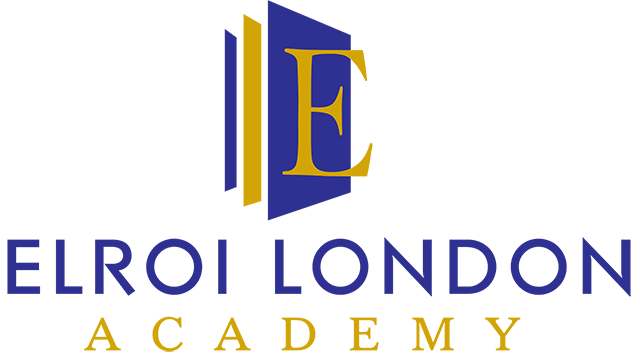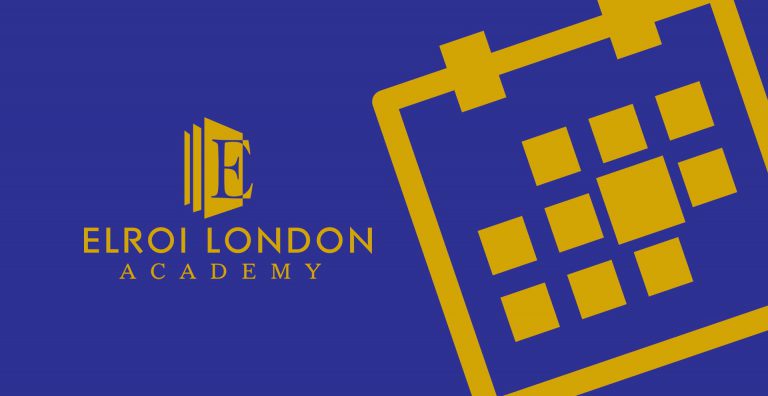Aim
Coaches take care of what happens on the field during the game. A sports manager is responsible for what occurs off the field. He or she is accountable for the business side of sports for their client, including contracts and promotions. Sports managers also act as their client’s spokesperson. The course aims to introduce students to the essential elements of sport management from a global perspective.
The Structure Of the level 3 Diploma In Sport Management
Sports marketing is a subdivision of marketing that focuses on promoting sports events and teams and promoting other products and services through sporting events and sports teams. It is a service in which the element promoted can be a physical product or a brand name. Sports marketing managers develop marketing campaigns to engage fans and attract business sponsors. They support the revenue goals of sporting arenas, university sports teams, professional sports franchises, leagues, and other sports-related organizations. There are four original marketing principles referred to as 4Ps or 4P marketing Matrix that companies use for their marketing strategy. These four basic marketing principles, Product, Price, Place, and Promotion, are interconnected and work together; hence, they are also known as Marketing Mix.
Human Resource Management, or HRM, is the practice of managing people to achieve better performance. For example, suppose you hire people into a business. In that case, you are looking for people who fit the company culture as they will be happier, stay longer, and be more productive than people who won’t fit into the company culture. Human Resource Management is a management function concerned with hiring, motivating, and maintaining its workforce. Human resource management deals with employees’ issues such as hiring, training, development, compensation, motivation, communication, and administration. When we talk about Human Resource Management, there are a number of elements that are considered cornerstones for effective HRM policies. These cornerstones are:
- Recruitment & selection
- Performance management
- Learning & development
- Succession planning
- Compensation and benefits
- Human Resources Information Systems
- HR data and analytics.
Effective leadership is essential in any sports organization, both in the boardroom and on the training pitch. Leadership in Sport to examine sports leadership in the round, across both management and coaching environments. It includes a dedicated section to underpinning core leadership theories and employs some case studies to show how best practice is applied in real-world settings. Successful teams have strong leaders, and this role’s importance is evident in all categories of sports. The performance of a leader is noticeable in interactive games and during matches. As such, a leader has the dual function of ensuring player satisfaction while steering the individual or group to success.
Henri Fayol, a French industrialist, is now recognized as the Father of Modern Management. In the year 1916, Fayol wrote a book entitled “Industrial and General Administration”. In this book, he gave the 14 Principles of Management.
- Division of Work
- Authority and Responsibility
- Discipline
- Unity of Command
- Unity of Direction
- Subordination of Individual Interest
- Remuneration
- The Degree of Centralization
- Scalar Chain
- Order
- Equity
- Stability of Tenure of Personnel
- Initiative
- Esprit de Corps
Managerial psychology is a sub-discipline of industrial and organizational psychology, which focuses on the efficacy (through behavioural science) of individuals, groups and organizations in the workplace. Psychology is critical to the workplace. It helps managers at all levels of organizations select, support, motivates and train employees. It also allows businesses to design products, build better workspaces and foster healthy behaviour. Psychology is constructive in our everyday life. Improving Communication Skills- Psychology makes it easier to understand how humans think and behave while communicating with others. With psychology’s help, people can comprehend gestures and actions, making communication even more straightforward.
Logistics management is a supply chain management component used to meet customer demands by planning, controlling, and implementing the effective movement and storage of related information, goods, and services from origin to destination. In this step, we look at the 7 Rs of logistics. So, what are the 7 Rs? The Chartered Institute of Logistics & Transport UK (2019) defines them as Getting the Right product, in the Right quantity, in the Right condition, at the Right place, at the Right Time, to the Right Customer, at the Right price.
Assessment of The Award is completed based on the Learning Outcomes’ achievement at the Unit’s Assessment Criteria standards. Therefore, the learner can achieve a Pass or Fail for each Unit based on the quality of the work submitted and the assessor’s judgments made against the criteria provided.
The El-Roi London Leadership Academy Level 3 Diploma In Sport Management assessment is completed by submitting internally assessed learner work. This work is subject to external moderation or verification. The award is assessed by written course work of 6000-word count—1000 word count for each Unit.
The typical minimum requirements for learners who have recently been in education or training is likely to include one of the following:
- 5 or more GCSEs at grades C and above or Grade 4 and above
- Another related level 2 subjects
- Other equivalent international qualifications.
Learners will need to have an appropriate Level 2 standard in English to access resources and complete the unit assignments.




